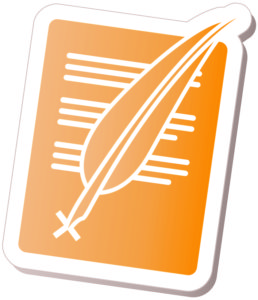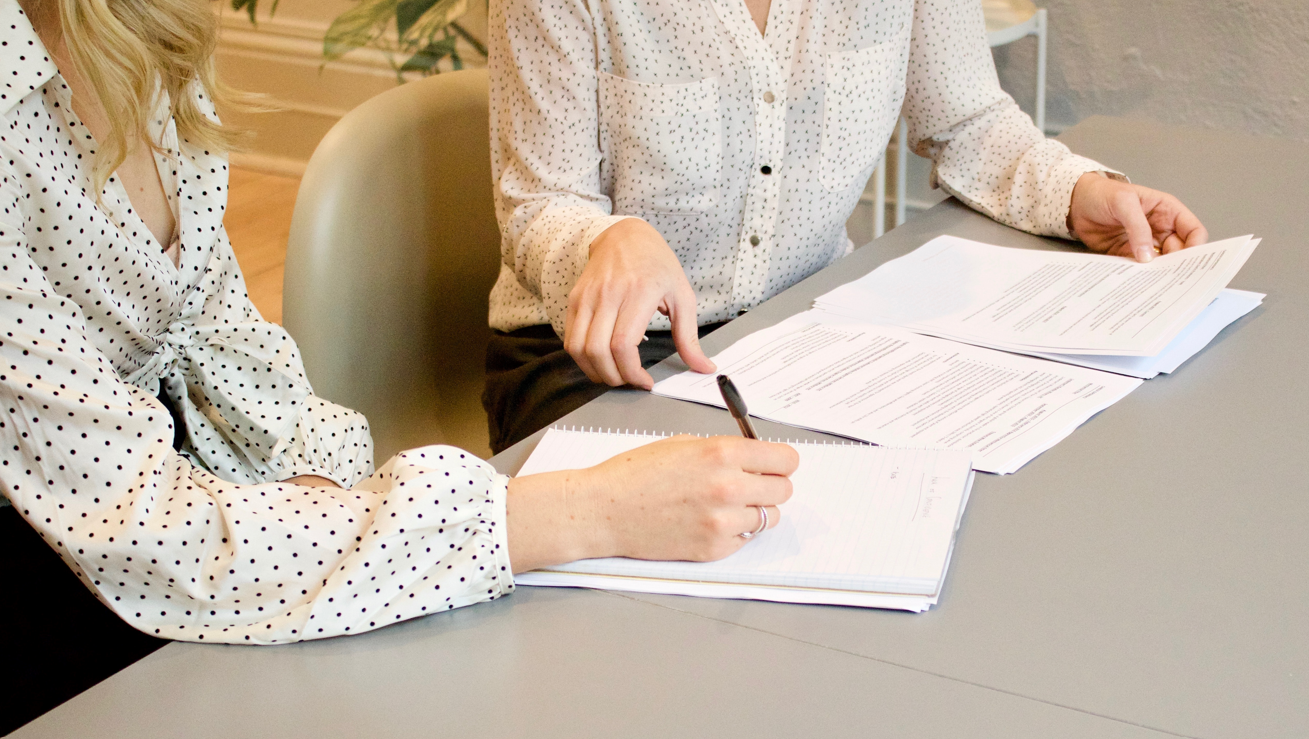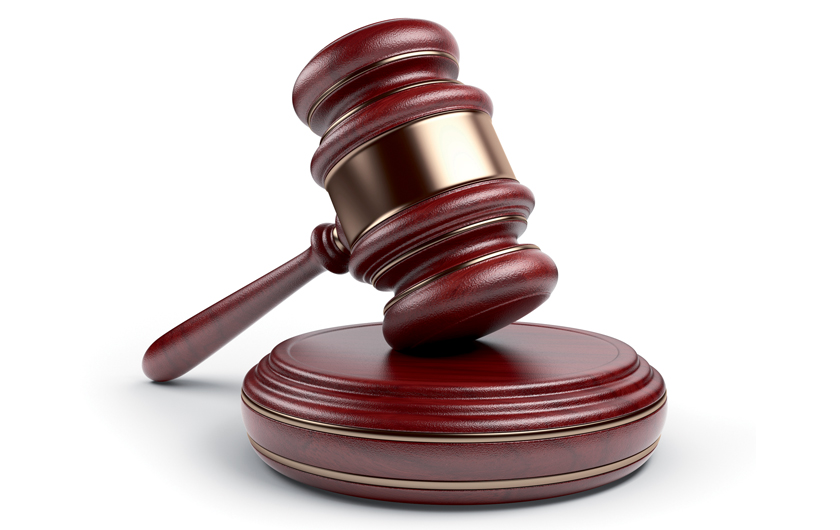There’s a lot more to estate planning than a simply having a will
By Olev Edur
Photo: iStock/g-stockstudio.
A vast fortune—an estimated $400 billion—is set to pass from one generation of Canadians to the next, and yet it seems that most givers and receivers are unprepared. Many Canadians have no wills, and many who do have a will have planned no further than that single basic document.
A properly structured estate plan can reduce taxes and other costs, as well as simplify and speed the transition of assets, while ensuring that your beneficiaries are protected. The consequences of inadequate estate planning, however, can be harsh. In worst-case scenarios, a government trustee can assume total control of your estate and dispense all the assets according to a rigid formula, without regard for your wishes—and subject to the usual red tape. Lawsuits can spring from seemingly minor misunderstandings, tax mistakes can cost tens of thousands of dollars on even a modest estate, and delays can be interminable.
Settling an estate can be a complex undertaking because estate, family, and tax laws all intersect at an emotionally charged time—it’s very difficult for surviving family and other loved ones to make the right decisions at that point. You need to plan ahead.
“You won’t be around to fix any problems,” the Financial Consumer Agency of Canada points out on its website, “so it’s usually wise to get professional advice to arrange your affairs in a way that won’t leave problems for your loved ones.”
Even with professional advice, you’ll need to make many decisions for yourself. To that end, we spoke with a number of financial experts about what to do—and not do—in assembling an effective estate plan. First up in our series of tips and suggestions is Doug Carroll, vice-president of estate and tax planning at Invesco Canada in Toronto:
“The key thing is to have a plan, no matter how simple. If you have no plan at all, there will be additional cost and time wasted in assembling your affairs. You need to put some structure into your estate, as opposed to having no structure or striving to get the perfect structure. A simple plan is better than none.
“Many people think that if they have a will, then they have an estate plan, but the two aren’t directly correlated.

Images: iStock.
“A will is a legal document that is a key part of the estate-planning process, but it’s not the plan itself. Estate planning is not a product of documents—you need to look at yourself and the people around you and think about where you are now and how you can take care of yourself, and how you can provide for the future of the people around you. That’s the framework.
“In the planning process, you’ll come to realize that you need core documents like the will, as well as powers of attorney papers for property and for personal care. You’ll also need a safety net of people to manage your property, if necessary, and make decisions on your behalf while you are unable to do so and once you’re gone. But you can’t make informed decisions about how your estate will be managed unless you know where you are now.
“You also need some professional advice; don’t do a do-it-yourself will, because if things go wrong, they can go horribly wrong. Your planning need not involve a lot of people: you, your lawyer, and your financial advisor can develop a plan that is informed by who you are, not a template that tries to fit everyone.
“Finally, you need to use these professionals for the skills they have. Don’t take legal advice from your tax advisor or tax advice from your lawyer. They have separate skills. In making your plan, you need to coordinate their efforts. You can’t look at each component of your plan in isolation; you need to take a broad view of it all together.”






